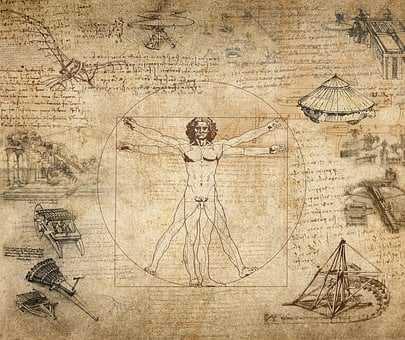Intelligence is not genius
Genius is not about having an extraordinarily high IQ, or even about being smart. It is not about finishing Mensa exercises in record time or mastering fourteen languages at the age of seven.
Geniuses think productively, not reproductively. They ask "How many different ways can I look at it?" not "What have I been taught by someone else on how to solve this?"
6.32K
42.1K reads
CURATED FROM
IDEAS CURATED BY
The idea is part of this collection:
Learn more about problemsolving with this collection
Techniques for brainstorming and generating new ideas
The power of collaboration and feedback in the creative process
How to recognize and overcome limiting beliefs
Related collections
Similar ideas to Intelligence is not genius
The Natural Genius
This is the equivalent of a fixed mindset. Natural geniuses think they should always be smart, be fast learners, or excel at everything they’re taught.
They have a tendency to look at the pros in their field and wonder: _Why am I not there...
Suffering Is Inevitable
If suffering is inevitable and problems in life are unavoidable, the real question we should ask is not "How do I stop suffering?" but "Why am I suffering—for what purpose?"
The nature of our problems determines the ...
How to find your creative genius
- HOW TO BE CREATIVE:
- Give yourself permission to create junk. It's like being the gold miner - sifting through dirt to find a speck of gold.
- Create on a schedule. Create consistently. Genius arrives when you show up e...
Read & Learn
20x Faster
without
deepstash
with
deepstash
with
deepstash
Personalized microlearning
—
100+ Learning Journeys
—
Access to 200,000+ ideas
—
Access to the mobile app
—
Unlimited idea saving
—
—
Unlimited history
—
—
Unlimited listening to ideas
—
—
Downloading & offline access
—
—
Supercharge your mind with one idea per day
Enter your email and spend 1 minute every day to learn something new.
I agree to receive email updates


